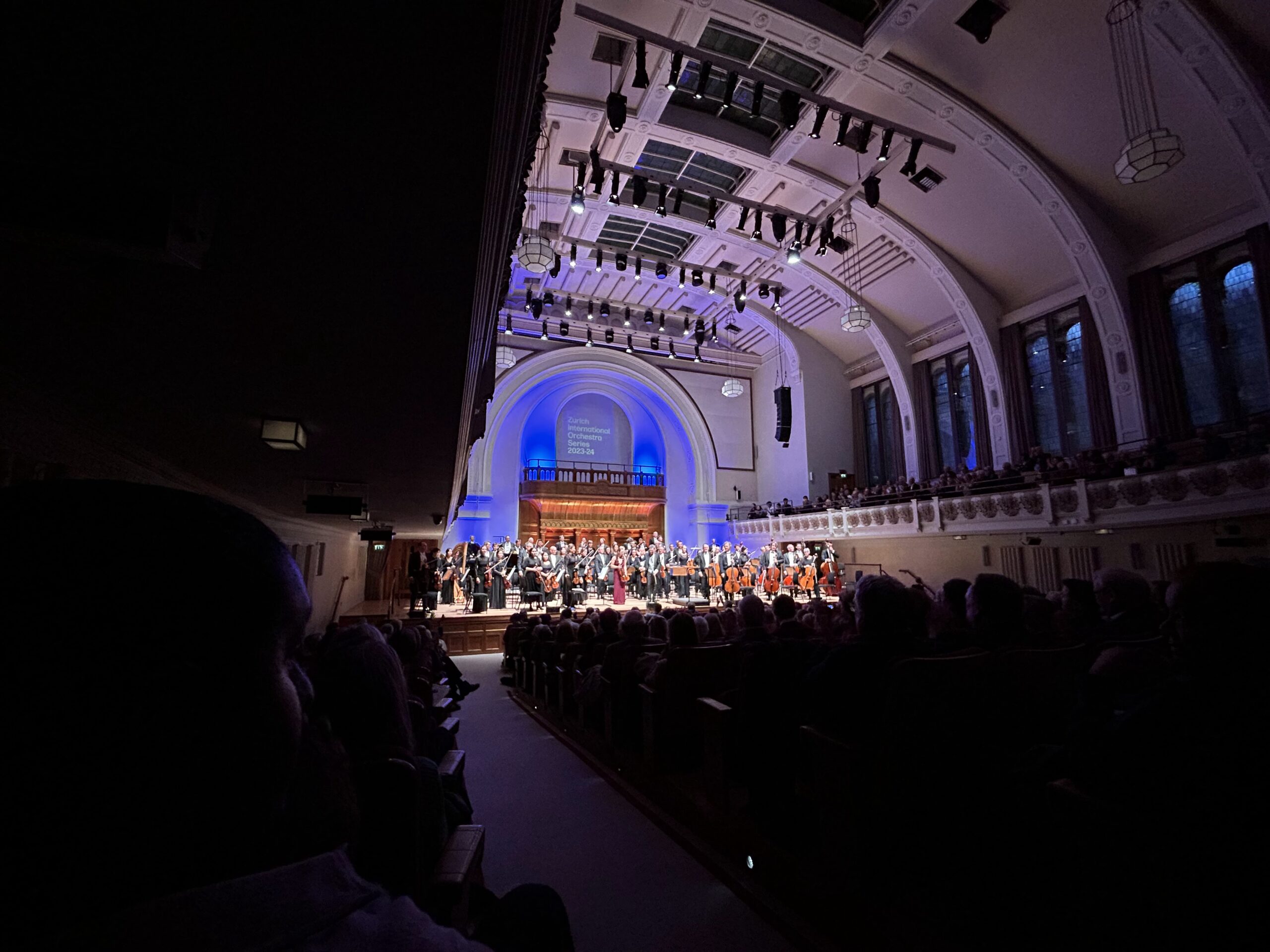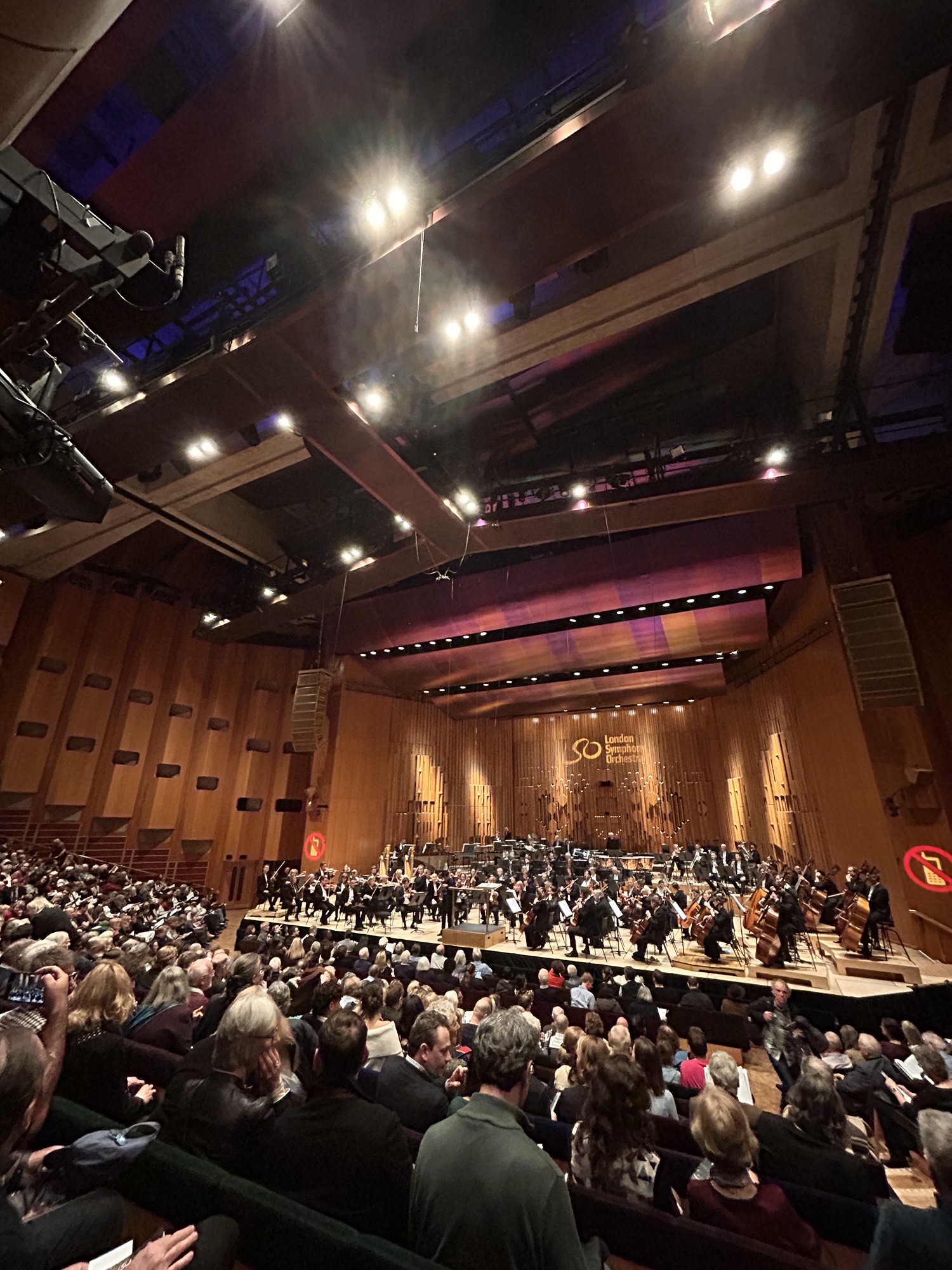Beethoven isn’t my go-to composer. Never has been.
There’s nothing wrong per se about the man’s music. There is melody. There’s drama. In his symphonic works especially the textures in his orchestral writing are highly satisfying.
The problem is (or maybe it’s not a problem) I admire the creative achievement in the same way I admire a beautiful woman: I see it (her/them/they), I just don’t respond to it.
This odd position on Beethoven’s music (some would say contrary) is not fuelled by my usual resistance to hype of the kind we’re no doubt going to experience when Beethoven 250 gets into full swing this year. Sure, I’m curmudgeonly and despise following a herd of sheep. No. this is because there’s a hint of Beethoven leaving me cold.
But. This.

Andrew Manze conducts Beethoven’s 7th symphony with the NDR Philharmonie in a release out last Friday. And it may possibly be a recording which helps me determine my ‘way in’ for appreciating Beethoven, if not actually responding to him emotionally.
Manze’s career is quite something. Back in the early days of my short-lived arts admin career, Manze was powerful force in the world of historically informed performance, in 1996 asssuming the associate directorship of the Academy of Ancient Music.
At that time there was an implicit assumption that this was the world Manze would continue to inhabit because of his in-depth knowledge, expertise and resulting reputation.
His appointment as Principal Guest Conductor of the Royal Liverpool Philharmonic Orchestra for the 2018/19 season threw light on a career I had overlooked. One which on closer inspection reveals a seamless and early transition from baroque to full-scale symphony orchestras in a relatively short space of time: 2006 working with the Helsingborg Symphony; 2008 with the Norwegian Radio Symphony; four seasons with the BBC Scottish; plus a whole host of guest spots with international bands to boot.
I think I can detect his historically informed roots in many of his subsequent symphony orchestra recordings. I hear a drier, tauter, earthier string sound thoroughout the first movement of his Beethoven 3 with Helsingborg. In fact, the strings in the second movement especially in the oh-so-quiet sections are a thing to behold – a kind of delicate precision that makes me think the idea of which can only have originated from those ‘authentic performance’ days.
And bringing out instrumental voices normally lost in the mush of a romantic sound can only be something that draws on his historically informed performance days (the opening movement of Brahms 1 on CPO from 2012 with Helsingborg features a bassoon line like I’ve never heard in Brahms’ epic symphony).
Whilst I’m not quite so enthused about his Mendelssohn ‘Italian’ with NDR from 2018, I do have this inkling that maybe the latest NDR release of Beethoven 7 is something great because of the way it echoes those same characteristics I hear in the Helsinborg Beethoven 3. If that really is the case, then its Manze who’s making that happen, because that’s the point of consistency.
There’s a starker string sound in the Beethoven 7 release, most evident in the opening of the second movement. Drier. Deader. Smoother. Everything has a chilling feel: not frightening; just something imperceptible; a question in search of answer.
And sticking with the second movement, there’s a committment to drawing out detailed articulation in the bass line. A mushier more romantically driven interpretation would gloss over those details, but here everything is given the necessary space for display.
At the same time, Manze’s speeds give the work fleet of foot. No one is languishing in tawdriness. The pulse keeps thing moving on. There is life, drive, tenacity and determination throughout.
And come the prompt final movement the all important detail that has driven things throughout is given its moment. Never has a grinding pseduo pedal-note bassline been quite so needed nor so gratifyingly experienced as 7’08” onwards. Props to the horn section whose taut articulation in the high register is something to behold. And at the time of writing I can’t quite put into words what I’m hearing at 6’32”, but I want to call on it whenever I’m in need of a bitter dispute, because with that kind of explosives in your armoury you’re bound to win the battle.
Does this recording make me love Beethoven? Does it make me think I might learn to love Beethoven? I’m not sure yet. But it does help me understand one way to appreciate his achievement: detail. There is so much detail to be heard in Beethoven’s music.
There are two bittersweet thoughts which emerge from that observation.
First, the inherent pathos in the story of a man who couldn’t hear but scored so much detail in his manuscripts.
Second, the present day assumption pedalled by those who claim to champion classical music that newcomers will be frightened off by detail.
Here is a composer whose love of detail was arguably fuelled because of his impairment.
And yet we deny the thrill of his music to those who don’t know it because we condescend that newcomers won’t understand or appreciate that detail? Tsk.
Listen to Beethoven 5 and 7 from NDR Philharmonie and Andrew Manze on Spotify



